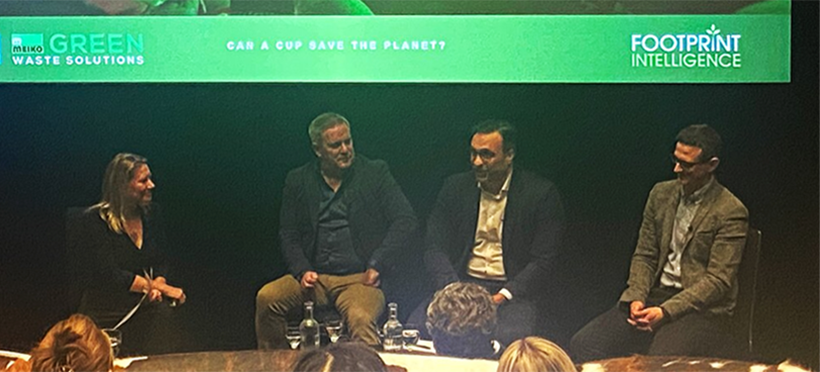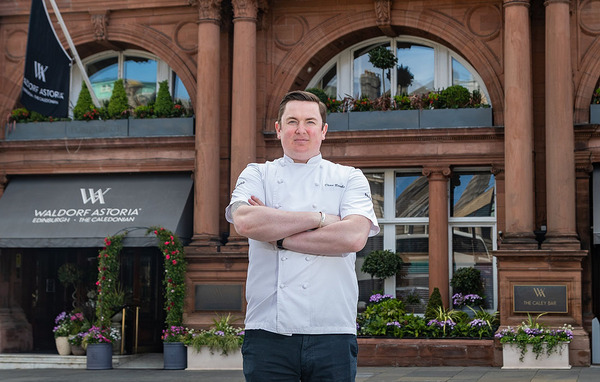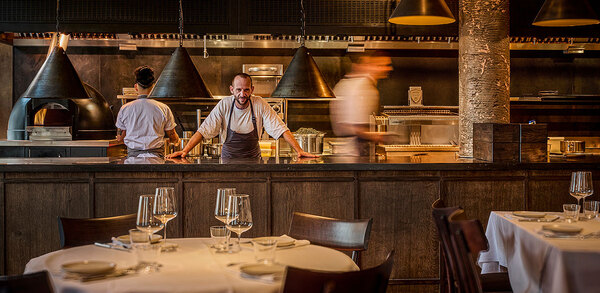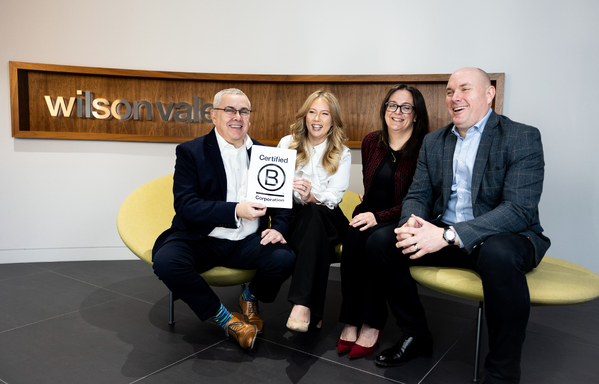Greene King supply chief calls for standardised wholesale boxes in ESG drive
Dan Stretton, the senior supply chain manager at pub group Greene King, has encouraged hospitality industry wholesalers to make box sizes more universal as part of sustainability efforts.
Speaking at Footprint Intelligence and warewasher manufacturer Meiko’s recent launch event for their “Can a cup save the planet?” report, in the Soho hotel, London, Stretton outlined how consistency on packaging dimensions would assist the pub chain’s drive towards utilising reusable assets.
Greene King has already partnered with a supplier of returnable crates, totes (transportation containers) and pallet lids, which has helped to reduce the group’s use of shrink-wrap by more than 3,400kg, as well as removing over 100,00 cardboard boxes.

Stretton said: “There’s a silver bullet to many of the challenges we’ve faced, and it’s uniformity on box sizes. It’s far from easy but there needs to be a bit more understanding that in any hospitality business there can be conflicting goals between the purchasing and supply chain teams, so to make returnable assets commercially viable we need more consistent box sizes.”
Nevertheless, the returnable asset initiative has had concrete benefits within the business. For example, at one large site, staff used to spend 35 minutes flattening cardboard used in food and non-food product packaging after every delivery, time which they have now gained back to concentrate on kitchen duties.
Stretton detailed that radio frequency identification (RFID) tags used to track the returnable assets have made the process less manually intensive and cheaper than their paperwork predecessors, though when two group sites are close together, the tags’ 10 sq m signal range can make it difficult to discern which venue the asset belongs to.
While Stretton acknowledged that Greene King is in the privileged position of creating its own dedicated supply chain, he advised other operators attempting environmental, social and governance (ESG) projects: “You need to prove the concept by carrying out one or two trials. You then have case studies to take forward and it helps people to understand the journey that you’re on.”
His fellow panellist at the event, Paul Anderson, managing director of Meiko UK and chair of the Foodservice Equipment Association, concluded: “The issue of reusables and cutting single-use products is having an extraordinary effect on the UK catering industry.
“What is heartening is that we are witnessing a core change in societal behaviour, with the public and caterers pulling together to reduce waste. Everybody hates waste, and we need to eliminate single-use items wherever possible.”






















